Whether you want to continue your career in industry or advance to an academic opportunity, WPI’s master’s in aerospace engineering provides the knowledge and research to help you follow your best path.
Our flexible aerospace engineering master’s program allows you to earn your degree on a part-time or full-time basis so you’ll be able to fit it around your current obligations. The program retains the robust educational opportunities to expand your knowledge and stimulate your creativity within research topics that might include electric propulsion or renewable energy.

This program is also available online
Learn moreCurriculum for Master’s in Aerospace Engineering
Students in the master’s in aerospace engineering will study a curriculum based on three areas of study: fluids and propulsion, materials and structures, and dynamics and controls. Course work includes Advanced Fluid Dynamics, Turbomachinery, Spacecraft Propulsion, Heat Transfer, Mechanical Vibrations, Optimal Control of Dynamical Systems, Applied Finite Element Methods in Engineering, and Smart Materials.
You’ll choose from a non-thesis program if this will be your terminal degree or a thesis program if you plan to continue on to earn your PhD. You may switch your choice even if you are already enrolled in a program.
Students may use these academic planners to help determine their credits:
If you pursue the research-focused thesis option for your MS, you’ll have opportunities to work one-on-one with our faculty on their own projects and as they guide you toward your own independent research projects. Using equipment like portable wind tunnels and vacuum chambers, you’ll explore the relationship between the theory and practice of flight to inform your next level of research or to progress to your next step in industry.

Aerospace engineering students work closely with faculty to gain mastery in the fundamentals of aerospace engineering and a strong technical competency in modern aerospace components and systems.

The world is our lab. Through coursework and research, students develop technical and scientific skills to solve real-world problems.

Collaborative, hands-on project work means many great minds use their knowledge to achieve better solutions.

A degree in aerospace engineering can lead to careers in academia, industry, and business
You’ll find extensive well-funded, state-of-the-art aerospace facilities at WPI to enrich your research and learning opportunities.
Our labs:
- Aerodynamics Test Facility
- Computational Fluid and Plasma Dynamics Laboratory
- Cubesat Ground Operations Room
- Fluid Dynamics Laboratory
- Fluid and Plasma Dynamics Laboratory
- Micro Fluid and Plasma Dynamics Laboratory
- Systems and Robot Control Laboratory
- Vacuum Test Facility
Graduate Studies Series.
Team members from Graduate & Professional Studies host quick and convenient webinars designed to highlight popular topics when starting grad school. Take a deep dive into specific areas of interest such as how to secure funding, how to ace your application, an overview of student services, and more!
Faculty Profiles
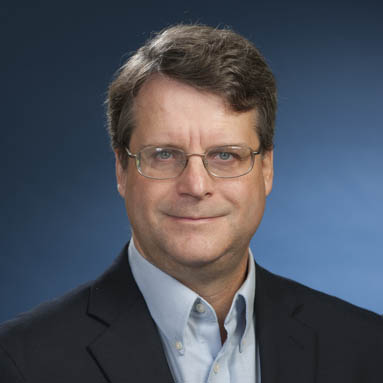
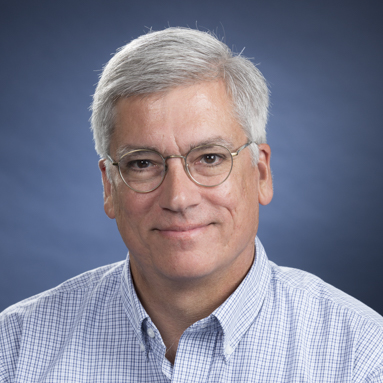
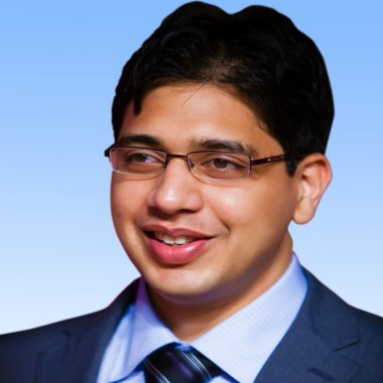
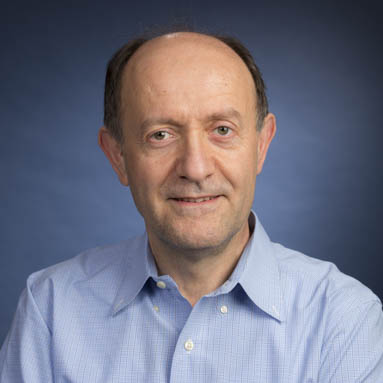
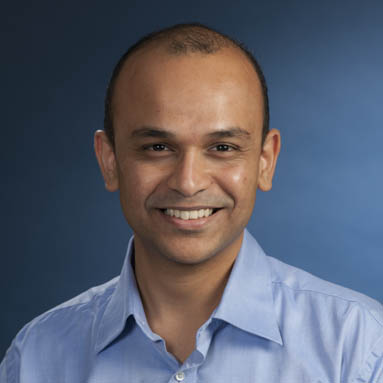
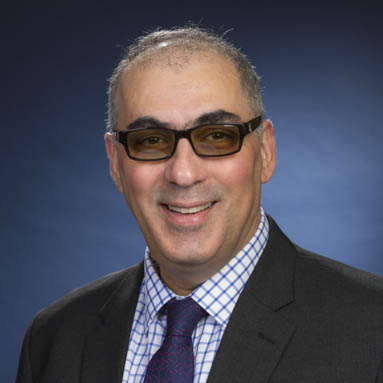
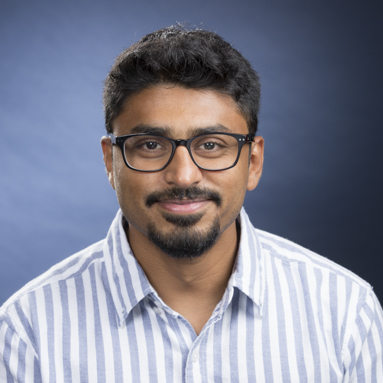
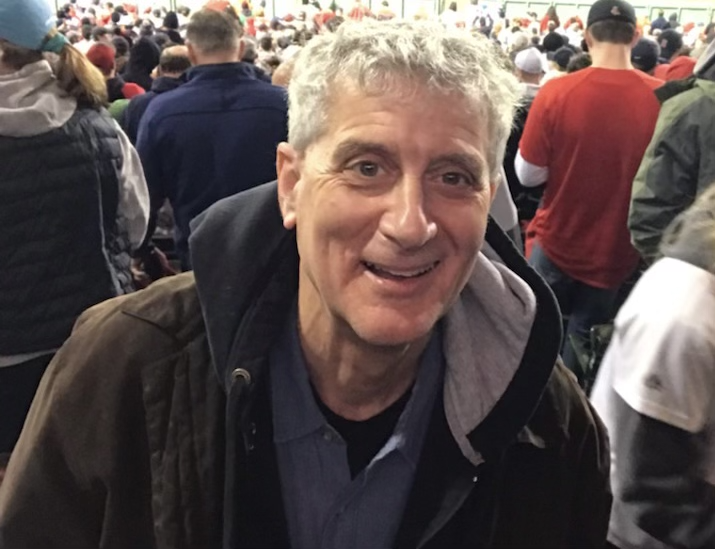
Refer a Friend
Do you have a friend, colleague, or family member who might be interested in a WPI graduate program? Click below to tell them about our programs.
Experiential PhD: Working Full-Time While Pursuing Your PhD Degree
WPI supports individuals working full-time in industry to pursue PhD degrees either part-time or full-time on topics related to their employment. Want to learn more about this opportunity and how to obtain this industry-based PhD degree, visit the WPI Experiential PhD program page.
Reach New Heights with a PhD!
Do you already have a background in aerospace or mechanical engineering and want to reach new heights, literally? Consider earning a PhD in aerospace engineering which offers opportunities to conduct independent research on topics like dynamics and control, materials and structure, or fluids and propulsion alongside innovative faculty. Maybe you’re more interested in major engineering challenges rather than aerospace? Our PhD in mechanical engineering covers breakthrough research in biomedical robotics, electronics cooling, medical imaging, and more.
A BS in Aerospace Engineering Launches an Exciting Career
Are you a rising undergraduate student who is fascinated by how airplanes and jets are launched and maintained? Consider putting your passion to work with a bachelor’s in aerospace engineering. Gain hands-on experience and work alongside scientists and engineers from other disciplines from high school to PhD students. Did you already decide on a major that ignites your inner flame, but have an interest in airplanes and fighter jets? Our minor in aerospace engineering is ideal for students who want to get hands-on knowledge in astronautics, aircraft design, and more.
Have questions?
WPI's dedicated graduate student support team can help.

